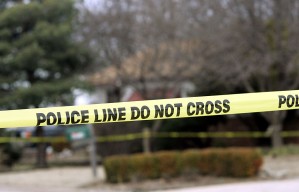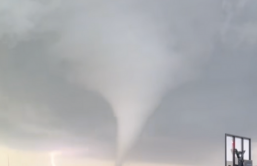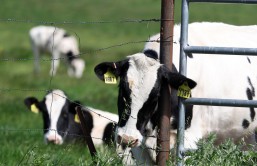A string of car bombs across Iraq killed at least 32 people on Tuesday, Reuters reported.
One of the deadly attacks happened in Fallujah -- an area populated primarly by Sunni Muslims -- where three suicide bombers attacked a police station, killing at least eight people, according to police officials.
In Mosul, gunmen attacked a bus transporting soliders and police officers and killed eight of them. The most fatal attack occured after explosions hit Baghdad in mostly Shi'ite neighborhoods, killing at least 15 people.
CNN reported that nearly 70 people were wounded from the bombings.
It is not clear who is responsible for the attacks. However, Sunni Muslim militants, many that are affiliated with Al Qaeda, have increased their number of attacks. The United Nations reported that the attacks have killed 800 people in August alone and 4,000 total this year.
Ever since the emergence of the neighboring civil war in Syria, the once peaceful division of Muslim sects began erupting in violence against each other.
As the violence continues, residents are taking precaution amid threats and increasing death tolls. Abdul-Karim al-Khazrachi, leader of the Sunni Endowment that oversees holy sites in Basra, released a statement on Monday that explained the sect was planning to close mosques because of "grave security deterioration and the continuation of the sectarian killings."
Basra is Iraq' second-largest city and is located southeast of the capital. Until U.S.-led offensives in 2008, the city was ran by militias.
Khazrachi also said text messages and letters that included bullets in the envelopes were sent before the killings, warning of revenge for the attacks against Shi'ite Muslims. The messages ordered for all Sunni Muslims to leave Iraq. Khazrachi said he did not know who was behind the threats.








